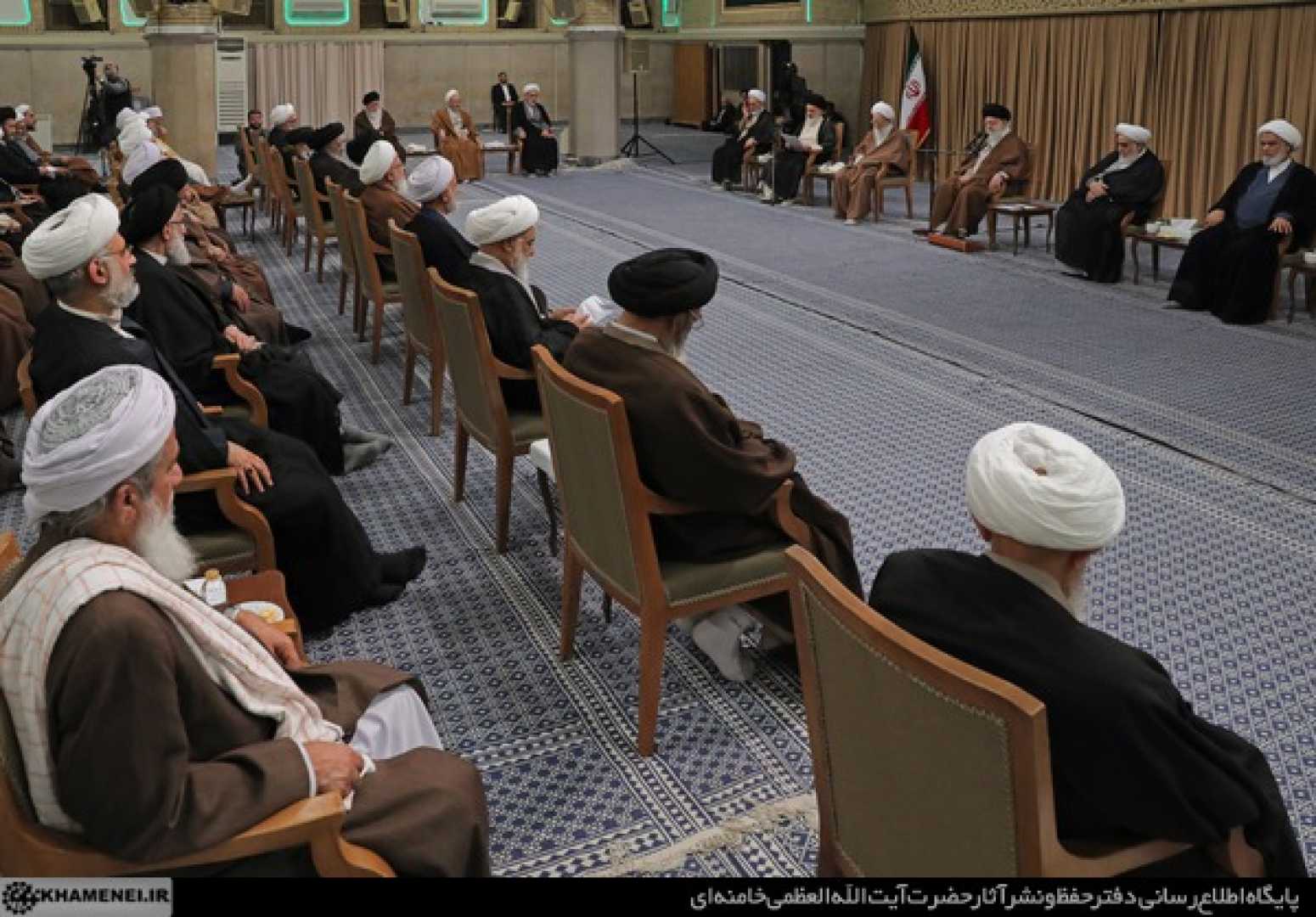World
Iran Warns Neighbors of Consequences Amid U.S. Nuclear Negotiation Pressure

TEHRAN, Iran — Iran is pushing back against U.S. demands for direct negotiations over its nuclear program, cautioning neighbors that host U.S. military bases could face repercussions if they become involved, a senior Iranian official stated.
Despite rejecting U.S. President Donald Trump‘s call for direct talks, Iran has expressed interest in continuing indirect negotiations through Oman, a historical facilitator for communication between the rival nations. “Indirect talks offer a chance to evaluate Washington’s seriousness about a political solution with Iran,” the official, who spoke on the condition of anonymity, told Reuters.
The official indicated that while the path to negotiations might be “rocky,” discussions could commence soon if U.S. signals support this approach. Iran has warned countries, including Iraq, Kuwait, the United Arab Emirates, Qatar, Turkey, and Bahrain, that any support for a U.S. attack—including the use of their airspace—would be viewed as an act of hostility. “Such an act will have severe consequences for them,” the official added, noting that Supreme Leader Ayatollah Ali Khamenei had placed Iran’s armed forces on high alert.
Tensions in the region have escalated in recent months due to ongoing conflicts in Gaza and Lebanon, military actions in Yemen, shifting leadership dynamics in Syria, and growing hostilities between Israel and Iran. The Gulf region, which borders both U.S.-allied Arab monarchies and Iranian territories, remains on edge over the potential for wider conflict.
Spokespeople from Iraq, Kuwait, the UAE, Qatar, and Bahrain have not responded to requests for comments regarding Iran’s warnings. Turkey’s Foreign Ministry stated it was unaware of any warnings but acknowledged that such messages could be relayed through other channels.
On Wednesday, Iranian state media reported that Kuwait assured Iran it would not permit aggressive actions directed at other nations from its territory.
Russia also weighed in on the situation, declaring that U.S. threats to strike Iran’s nuclear facilities were “not acceptable” and warned of catastrophic consequences. Deputy Foreign Minister Sergei Ryabkov emphasized that an attack on Iran could spiral into a larger conflict across the Middle East.
The U.S. has ramped up its military presence in the region, and Iran is keenly aware of the complexities of its relationship with Russia amid ongoing negotiations. Despite shared interests, a second Iranian official expressed skepticism about Moscow’s commitment, stating that Tehran‘s support from Russia would depend on the dynamics between Trump and Russian President Vladimir Putin.
In early March, Trump indicated his preference for reaching a deal regarding Iran’s nuclear program over resorting to military action. He noted he had reached out to Khamenei proposing negotiations.
The first round of indirect talks is likely to involve Omani mediators facilitating discussions between Iranian and U.S. delegates. Khamenei has authorized Foreign Minister Abbas Araqchi or his deputy, Majid Takht-e Ravanchi, to participate in any talks held in Muscat.
With urgency, the first official suggested a two-month window exists for reaching an agreement amidst fears that prolonged negotiations could incite Israel to launch preemptive strikes and result in a re-imposition of international sanctions aimed at deterring Iran’s nuclear ambitions.
While Iran denies any desire to develop nuclear weapons, it has been accused of significantly enhancing its uranium enrichment program, approaching levels close to weapons-grade purity. Western nations maintain that there is no justification for Iran to enrich uranium to such high levels for civilian purposes.












